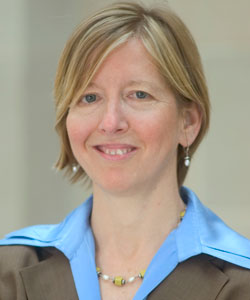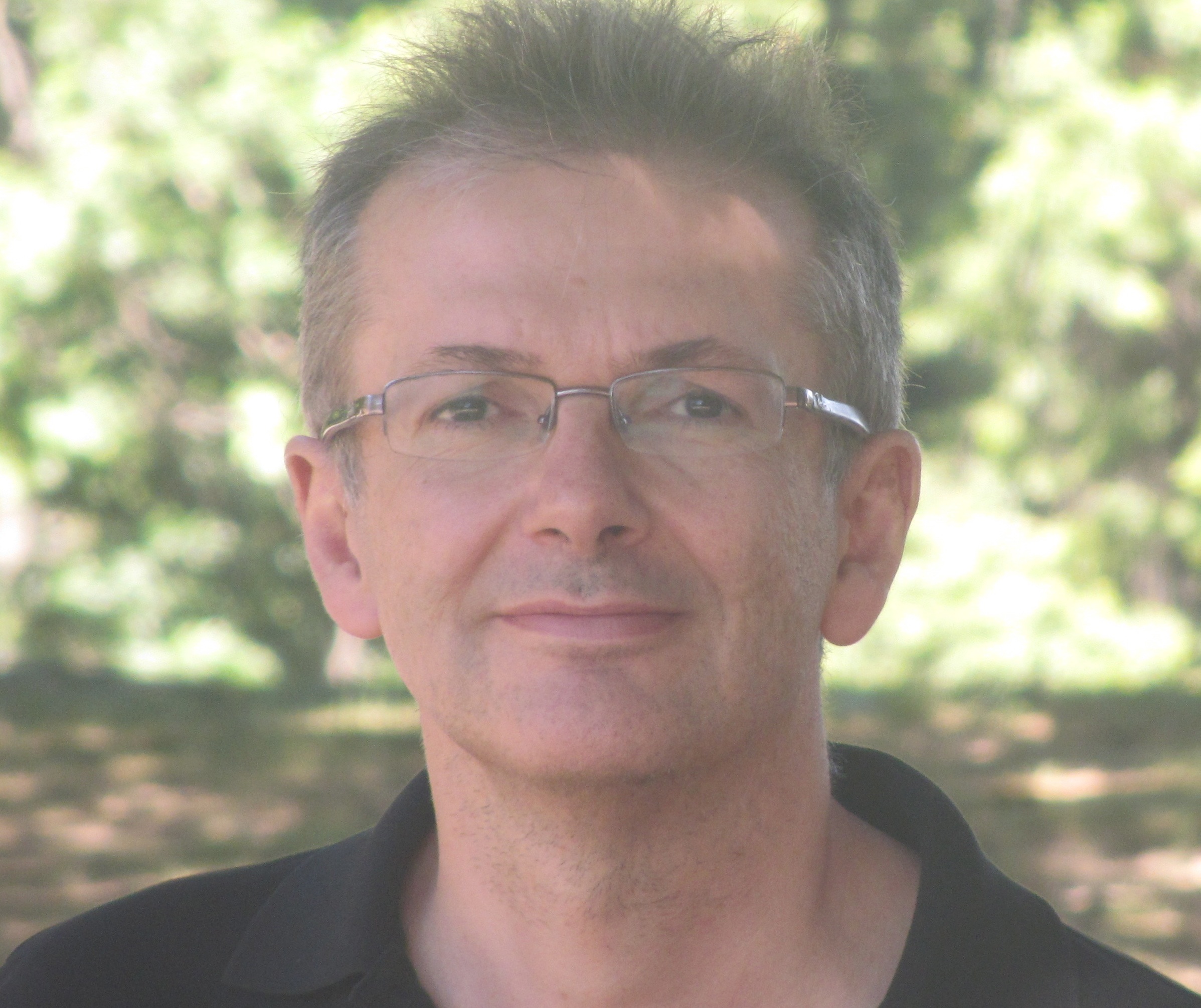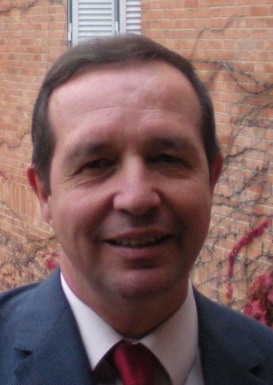2012-2013 Visiting Researchers

Luwam Dirar
Luwam Dirar
Luwam Dirar (Eritrea) is a J.S.D. candidate at Cornell Law School, where she is also a Schlesinger Fellow. Prior to joining Cornell Law School, Luwam served as a legal adviser to the Minister of Justice of the State of Eritrea, and clerked for the honorary Justice Habteab Yemane of the Highest Appellate Court of Eritrea. She has worked on various capacity building projects in the justice sector and has served in different position in drafting of laws and proclamations in Eritrea. In addition, she has also held various fellowships and served as an editor of the Cornell International Law Journal. Her current research project for her J.S.D. dissertation examines the European Union as an exogenous factor in the integration schemes of Southern African Countries.

Karen Engle
Karen Engle
Karen Engle is Minerva House Drysdale Regents Chair in Law and Founder and Co-director of the Bernard and Audre Rapoport Center for Human Rights and Justice. She teaches courses and specialized seminars in public international law, international human rights law and employment discrimination. Professor Engle received her J.D. from Harvard Law School and her undergraduate degree from Baylor University. Following law school, she clerked for Judge Jerre S. Williams on the 5th Circuit Court of Appeals, and then served as a a post-doctoral Ford Fellow in Public International Law at Harvard Law School. She was Professor of Law at the University of Utah prior to joining the University of Texas.Professor Engle writes and lectures extensively on international human rights law. She is author of The Elusive Promise of Indigenous Development: Rights, Culture, Strategy (Duke University Press, 2010), which received the Best Book Award from the American Political Science Association Section on Human Rights.
Other recent publications include “On Fragile Architecture: The UN Declaration on the Rights of Indigenous Peoples in the Context of Human Rights” (European Journal of International Law, 2011), “The Force of Shame” (in Rethinking Rape Law)(Routledge, 2010)(with Annelies Lottmann), “Indigenous Rights Claims in International Law: Self-Determination, Culture and Development” (in Handbook of International Law)(Routledge, 2009), “Judging Sex in War” (Michigan Law Review, 2008), “Calling in the Troops: The Uneasy Relationship Among Human Rights, Women’s Rights and Humanitarian Intervention” (Harvard Human Rights Journal, 2007), and “Feminism and Its (Dis)contents: Criminalizing War-Time Rape in Bosnia and Herzegovina” (American Journal of International Law, 2005).

Julio González García
Julio González García
Julio González García (Spain) is Full Professor of Administrative Law at the Department of Administrative Law of the Universidad Complutense de Madrid (UCM).His main teaching, searching and consulting orientations include public goods, public procurement, economic globalization, administrative intervention in public services, education and university Law and European Law. Although he took Law courses and got his Bachelor in Law from the Universidad Autónoma de Madrid, he has developed his entire academic career at theUniversidad Complutense de Madrid of which he has been the General Secretary for eight years (2003/11). He has been awarded with the Medal of Honour of this University (2011).

Andrew Lang
Andrew Lang
Andrew Lang is a Reader in Law, teaching Public International Law, with a specialty in International Economic Law. He has a combined BA/LLB from the University of Sydney, and his PhD is from the University of Cambridge. He is a co-founder of the Society of International Economic Law. He sits on the Editorial Committee of the Modern Law Review, the Editorial Boards of the Journal of International Economic Law and the Law and Development Review, and is a Book Review Editor for the International and Comparative Law Quarterly. He has taught on Harvard’s Institute for Global Law and Policy, the World Trade Institute’s Masters of International Law and Economics (MILE) program, the University of Barcelona’s IELPO course, as well as the IIEM Academy of International Trade Law in Macau. His current research is focused on a number of themes around global economic governance, including the relationship between law and expert knowledge, international law and economics, and sociological approaches to the study of international economic law.

José María Puyol
José María Puyol
José María Puyol has a Ph. D. in Law, from “Universidad Complutense”, Madrid (Spain). He is tenured Professor of History of Law at the Department of History of Law and Institutions (Universidad Complutense, Madrid). He has research experience in Aix-en-Provence (France), Florence (Italy) and Paris (France). He is visiting professor at Sciences Po (Paris) and specializes in Administration of Justice and Capital Punishment in the XIXth Century, History of the Spanish University (XIXth and XXth century) and Political and Administrative Institutions during the Peninsular war (1808-1814). He has a large number of publications about the History of the University of Madrid. Among his works on the History of the Spanish university are his books ‘The Spanish University 1889-1939. Legislation’ (2004), ‘The Doctorate in Law. 1930-1056 (2009)’ and ‘Self-Government of Madrid University’ (2011). Among his publications on other topics, two books can be highlighted: ‘The Royal Council of Castille under King Ferdinand VII’ (2 vol., 1992) and ‘The public notification of the capital punishment. Public executions in Spain during the XIXth Century’ (2001).